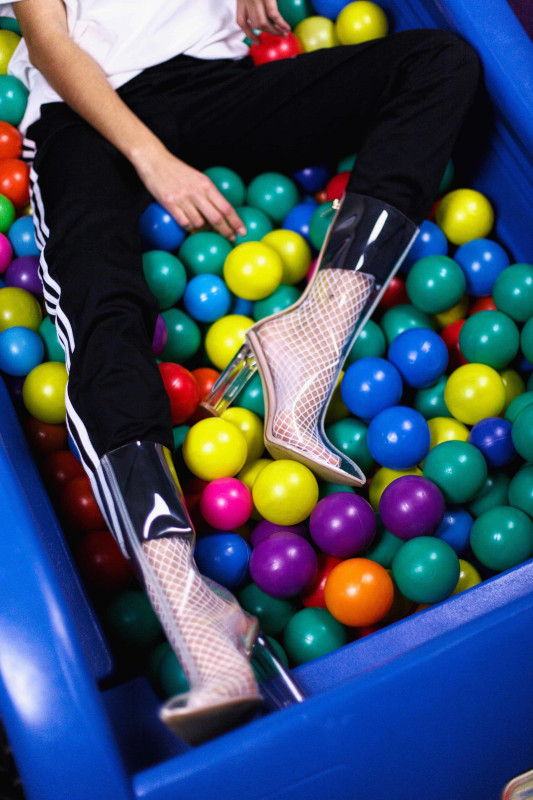-
Products
- Sales & Distribution
- Data & Integration
- Compliance Tools
-
Partner Network
-
Strategic Partner
Value Added Partner
- Certified Service Partner
-
Strategic Partner
-
Services & Support
- Training Center
- Business Consulting
- Infrastructure
- Application Maintenance Service
- AI & Data
- Stealth Live
- References
- News
- About Us





